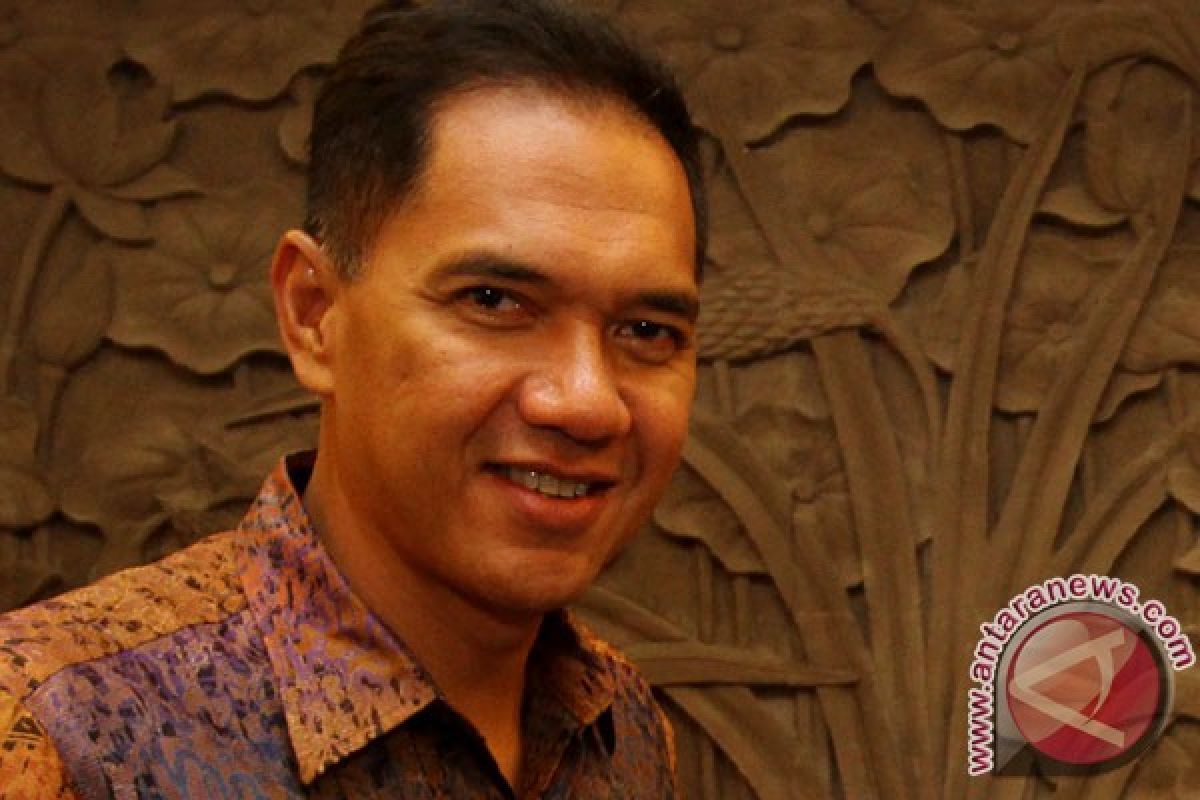The country`s exports will drop as about 62 percent of Indonesia`s exports are raw minerals."Pontianak, West Kalimantan (ANTARA News) - The implementation of Law No. 4/2009 on mineral and coal mining which bans the export of raw minerals beginning January 2013 will affect trade, a minister said.
"The countrys exports will drop as about 62 percent of Indonesias exports are raw minerals," Trade Minister Gita Wiryawan said here over the weekend.
The ban on exports will also have adverse impacts on social aspects such as in the employment sector, he said.
He reminded however that in essence the implementation of the law will provide added values to Indonesias natural resources.
The minister said it should not happen that the younger generation in the future could only sell raw coals. Coals and other mineral resources will provide added values if processed first before being exported.
The absorption of workers will increase if downstream industries on mineral resources are developing and increasing in number, the minister said.
Chairman of the Indonesian Chamber of Commerce and Industry (Kadin) for West Kalimantan Santyoso Tio said processing industry at home would also improve the quality of products.
He said that at present there were 11 thousands mining license holders across the country.
"The average length of operation time the mining license holders have passed so far is about 15 years," he said.
In the meantime, Finance Minister Chatib Basri has recently said that Indonesias processed mineral exports could increase significantly in 2015 if the mineral and coal mining law is implemented.
"Our processed mineral exports, which currently stand at US$4.9 billion, could increase to US$9 billion by 2015," he stated.
The new law, which will come into effect early next year, bans unprocessed mineral exports. Minerals can be exported only after being purified and processed at smelters.
"The new law will lead to a decline in unprocessed mineral exports in 2014, which could lead to a decline in overall exports," he added.
The decline in unprocessed mineral exports could also affect the countrys trade balance. However, the deficit might not grow too wide because the government is also reducing its oil and gas imports because of a new biodiesel policy, he noted.
"The biodiesel policy will be fully implemented in 2014. Indonesia is expected to save US$200 million in foreign exchange in 2013 because of the biodiesel policy. We hope our savings increase to US$4 billion in 2014 because of a decline in oil and gas imports," he said.
(Uu.A014/F001)
Editor: Priyambodo RH
Copyright © ANTARA 2013










